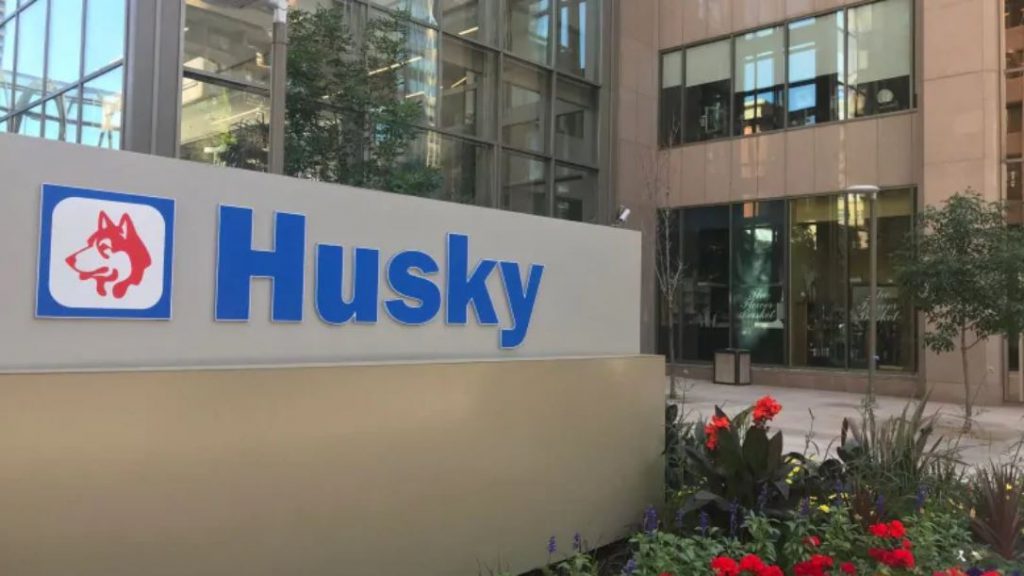Husky follows job cuts with lower Q3 earnings

Husky Energy Inc. [HSE-TSX], which earlier this week announced plans to reduce its work force, reported sharply lower earnings in the third quarter of 2019.
The company reported earnings for the third quarter ended September 30, 2019, of $273 million or 26 cents per share, down from $545 million or 53 cents in the same period last year.
Revenue in the third quarter dropped to $5.31 billion, from $6.16 billion a year earlier.
The company’s upstream production averaged 294,800 barrels of oil equivalent per day, compared with 296,700 in the third quarter of 2018. The average realized price was $47.54 per barrel of oil equivalent, down from $50.44 in the year earlier quarter.
Husky shares declined on the news, falling 6.7% or 64 cents to $8.88 on volume of 2.64 million. The shares are currently trading in a 52-week range of $8.48 and $19.79.
Husky is an integrated energy company with head offices in Calgary, and operations in western and Atlantic Canada, the United States and the Asia Pacific region. The company is controlled by Hong Kong billionaire Li Ka-Shing.
Husky has two core businesses including:
- The integrated corridor in western Canada and the U.S., where thermal production is integrated with the downstream business and supported by Western Canada operations.
- Offshore the company is focused in the Asia Pacific and Atlantic regions.
On October 22, 2019, Husky announced workforce reductions, but did not reveal how many employees would be affected.
“Husky has been taking steps to better align the organization and workforce with our capital plan and strategy,” said Husky spokesperson Kim Guttormson in a statement. “These changes put Husky in the best position to achieve its goals.”
In a May 28, 2019, news release, Husky updated its 5-year plan by saying it plans to reduce capital spending to achieve an annual average of $3.15 billion for 2019 to 2023, while boosting cash flow. That compares to the previously planned 2018-2022 annual average of $3.5 billion.
The company said capital spending over the 2019 to 2023 five-year period is reduced by about $1.7 billion, with total free cash flow before dividends expected to reach $8.7 billion at a flat US$60 per barrel WTI planning price.
“The plan achieves a significant increase in free cash flow while increasing production by about 100,000 barrels per day through 2023,” said Husky CEO Rob Peabody. At the time, the company said its production guidance was unchanged at 290,000 to 305,000 barrels of oil equivalent per day.
On October 4, 2019, Husky said it had reached an agreement for the sale of its Prince George Refinery to Calgary-based Tidewater Midstream and Infrastructure Ltd. for $215 million in cash plus closing adjustments for inventory, and a contingent payment of $60 million over two years.
The 12,000 barrel-per-day Prince George Refinery, located in Prince George, British Columbia, processes light oil into low-sulphur gasoline and ultra-low sulphur diesel, along with other products. As part of the sale, Husky said it would enter into a five-year offtake agreement with Tidewater for refined products from the Prince George Refinery.
